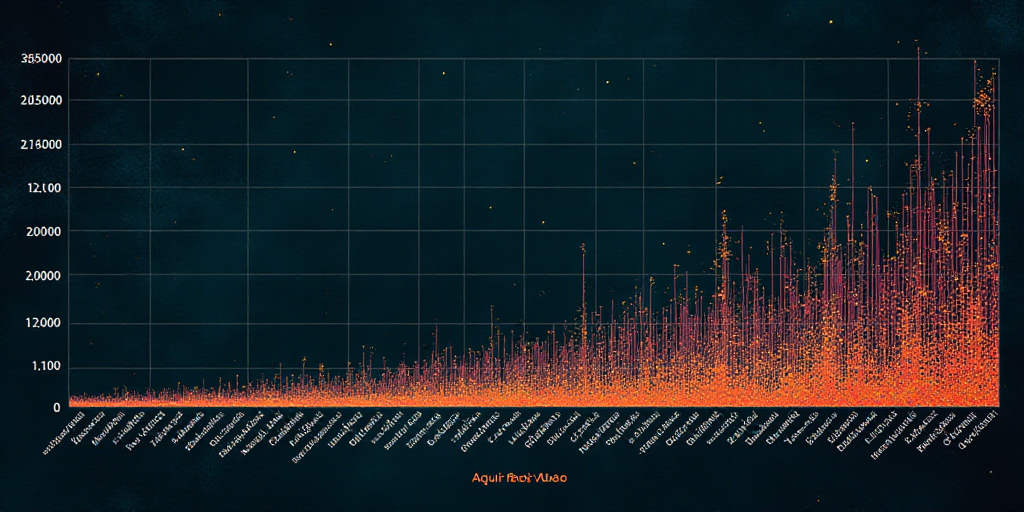Introduction
Among the various forces driving change in the world of work, artificial intelligence (AI) stands out with the most transformative potential due to its long-term and mid-term expectations.
Current Adoption of AI
According to the Report on the Future of Professionals 2025 by Thomson Reuters, only 22% of companies have a visible strategy for adopting Generative AI (GenAI). However, organizations with a defined plan are 3.5 times more likely to reap critical benefits from these tools compared to those without a roadmap.
AI’s Transformative Impact
AI is the driving force with the most transformative potential in the world of work, especially considering its long-term and mid-term expectations. The transformative impact of the rise in Generative AI (GenAI) is estimated to reach 44% of units, while its significant impact extends to 36%.
Other Transformative Forces
Following AI, the explosion of big data and regulatory changes occupy the next positions in terms of transformative impact on the world of work.
Key Questions and Answers
- Q: What is the current adoption rate of AI in businesses? A: Only 22% of companies have a visible strategy for adopting Generative AI (GenAI), according to the Report on the Future of Professionals 2025 by Thomson Reuters.
- Q: How does having a defined AI plan affect a company’s benefits? A: Organizations with a defined plan for AI are 3.5 times more likely to reap critical benefits from these tools compared to those without a roadmap.
- Q: What is the estimated transformative impact of AI in the workforce? A: The transformative impact of the rise in Generative AI (GenAI) is estimated to reach 44% of units.
- Q: What other forces are driving change in the world of work? A: Alongside AI, big data explosion and regulatory changes are significant forces driving transformation in the world of work.
Context and Relevance
Artificial Intelligence (AI) has emerged as a critical force shaping the future of work. As businesses increasingly adopt AI technologies, understanding their transformative potential becomes essential. The Thomson Reuters Report on the Future of Professionals 2025 highlights that only a small fraction (22%) of companies have a visible strategy for adopting Generative AI (GenAI). However, those with a defined plan are more likely to harness the benefits of these cutting-edge tools.
Generative AI (GenAI) refers to a subset of artificial intelligence that can create new content, such as text, images, or voice, based on the data it has been trained on. Its transformative potential is evident, with estimates suggesting that 44% of work units will be impacted by GenAI. Furthermore, 36% of work units are expected to experience a significant transformation due to this technology.
Beyond GenAI, other forces are reshaping the world of work. The explosion of big data provides organizations with vast amounts of information, enabling better decision-making and informed strategies. Meanwhile, regulatory changes and legislative shifts create new opportunities and challenges for businesses to adapt.
Who is Thomson Reuters?
Thomson Reuters is a leading source of news, information, and insight for professionals. They offer a wide range of services to help decision-makers stay ahead of what’s next. The Report on the Future of Professionals 2025, mentioned in this article, is one of their publications that provides insights into the evolving landscape of work and the role of emerging technologies like AI.
Why is AI Relevant in the World of Work?
AI’s relevance stems from its ability to automate tasks, analyze vast amounts of data, and provide actionable insights. As businesses strive to remain competitive in an ever-changing global market, AI offers numerous advantages. These include increased efficiency, reduced costs, and the ability to uncover hidden patterns or trends in data that can inform strategic decisions.
How Does AI Affect Different Industries?
AI’s transformative impact spans across various industries. In healthcare, AI can assist in diagnosing diseases, personalizing treatment plans, and accelerating drug discovery. In finance, AI helps detect fraud, optimize investments, and improve customer experiences. Across sectors, AI is revolutionizing the way businesses operate, making it a critical area of focus for professionals and organizations alike.






